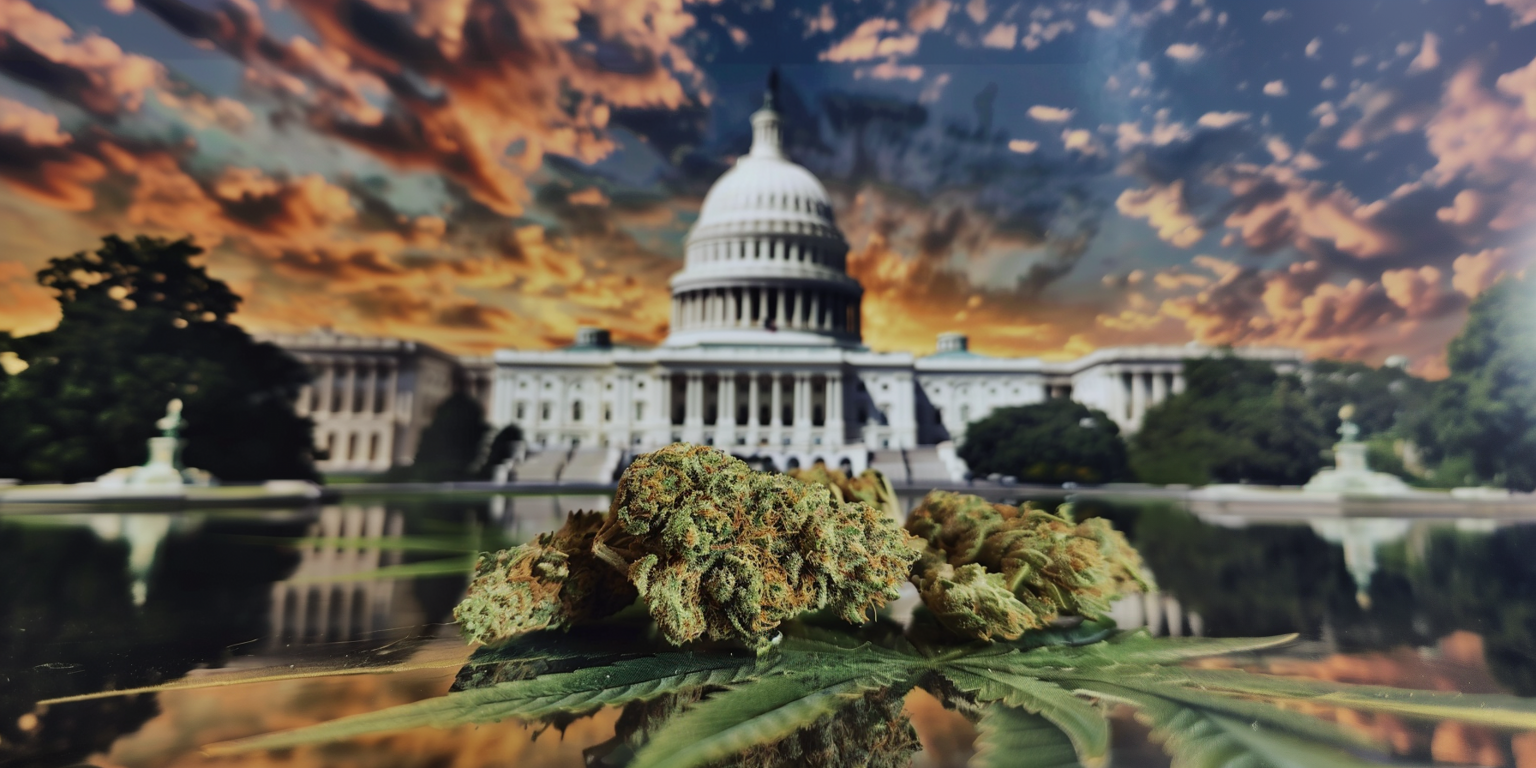Groundbreaking news! In August of 2023, The Drug Enforcement Administration (DEA) received recommendation from the U.S. Department of Health and Human Services that cannabis be reclassified from a Schedule I controlled substance to a scheduled III controlled substance. This monumental shift not only recognizes the medicinal value of cannabis but also paves the way for more research and acceptance.
Understanding the Scheduling System
The Controlled Substances Act (CSA) is used to classify drugs, substances, and certain chemicals into five distinct categories based on the drugs accepted medical use and its potential for abuse and dependency. Here’s a more comprehensive look at the scheduling system:
- Schedule I: substances in this category have currently no accepted medical use and a high potential for abuse and misuse. (Ex: Heroin, LSD, ecstasy)
- Schedule II: drugs with a high potential for abuse that could lead to severe psychological or physical dependence. These substances have recognized medical benefits but are considered dangerous. (Ex: Cocaine, methamphetamine, dilaudid, oxyContin, Adderall)
- Schedule III: substances with a moderate to low risk of physical and psychological dependence. Substances in this category are known to have accepted medical uses. (Ex: testosterone, anabolic steroids, ketamine)
- Scheduled IV: substances in this category have a low potential for abuse and low risk of dependence. These medications/substances have known medical uses, but are still regulated and have fewer restrictions than the higher schedules. (Ex: Xanax, Ativan, tramadol, ambien)
- Schedule V: medications or substances with a lower potential for abuse than schedule IV. These substances have known medical uses and have limited quantities of certain narcotics. They are still regulated but have the least potential for abuse among all of the schedules. (Ex: robitussin AC (guaifenesin and codeine), Lomotil, Lyrica)
What This Rescheduling Means
While the rescheduling of cannabis would not make cannabis legal on the federal level, it is certainly a step in the right direction. The benefits of having cannabis rescheduled are not limited to, but include:
- Recognition of medicinal value: For decades, cannabis has been classified alongside substances that are considered highly addictive and without medical benefits. Moving cannabis to Schedule III is a federal acknowledgment of its medicinal value. If reclassified, we can anticipate a broader acceptance of cannabis in the medical community, potentially leading to more physicians recommending cannabis-based treatments.
- Increased Research Opportunities: Having cannabis as a schedule I drug makes it nearly impossible for researchers to study the plant. If rescheduled, federally funded universities would be able to study cannabis without risking their private funding.
- Banking and Business Benefits: the cannabis industry as a whole has faced numerous challenges, especially concerning tax policy, banking, finance, and access to capital. This change could make it easier for cannabis businesses to access banking services, loans, and other financial tools.
- Legal implications: the rescheduling could influence state policies and laws, potentially reducing penalties for cannabis related offenses and expediting a push towards broader legalization.
A Brighter Future Ahead
For Releaf Cannabis LLC, this change would be monumental. It signifies a shift in perception and acknowledges the countless testimonials of those who’ve found relief through cannabis and cannabis related products.
This achievement is a collective one that we should all celebrate together. We must thank the efforts of advocates, patients, researchers, and cannabis supporters like you!
Stay tuned as we continue to monitor the evolving landscape and bring you the latest updates and insights. Here’s to being hopeful for a new chapter in the world of cannabis!



